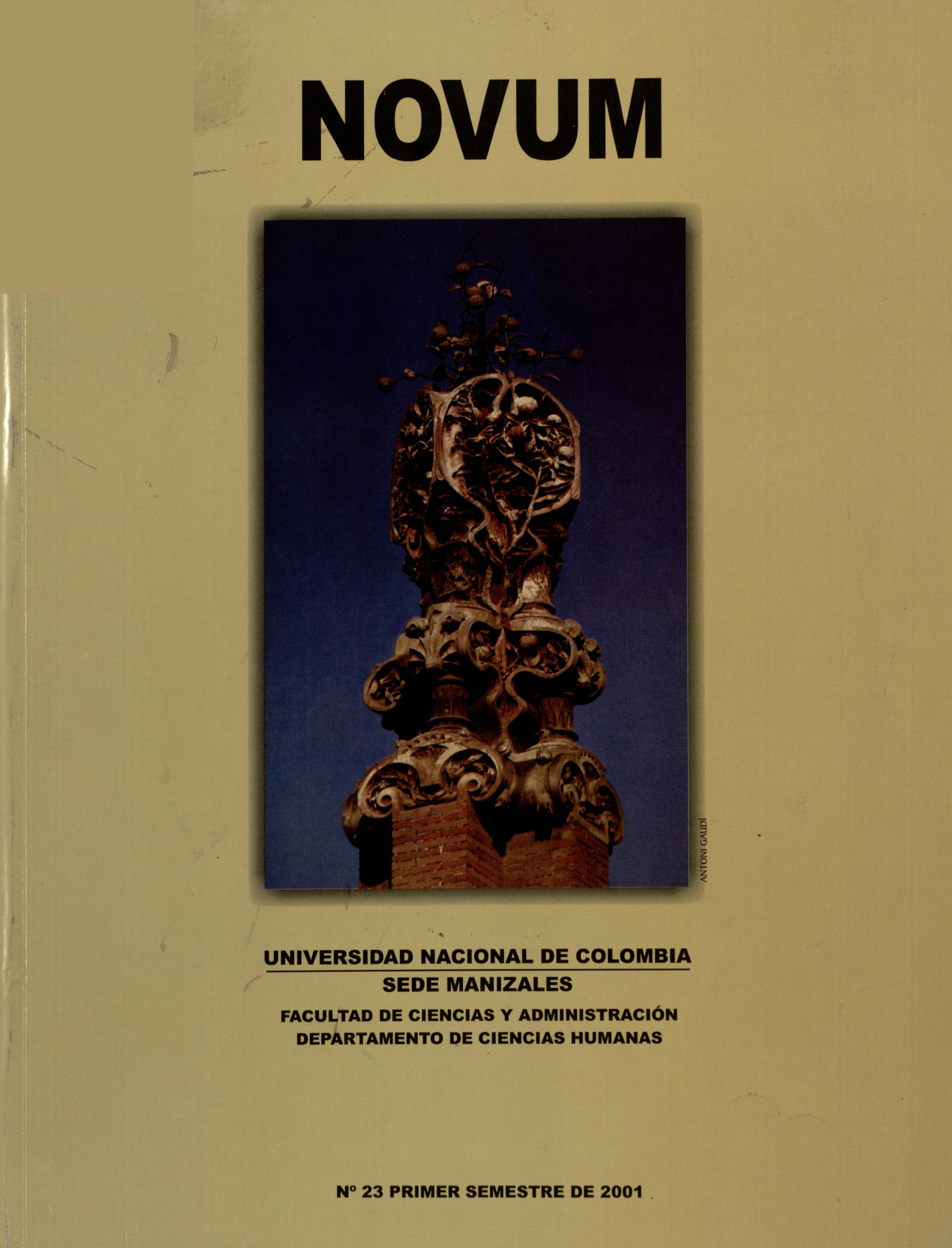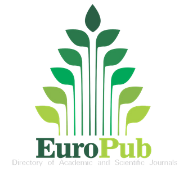Imbricaciones y traslapes de las relaciones entre cultura y lenguaje
Keywords:
Humano, Cultura, Lenguaje (es)Human, Evolution, Culture, Language (en)
Downloads
Pensar al humano aculturado exige remontarse a estadios iniciales de su desarrollo, y aún en ese caso queda pendiente la pregunta de si es posible sobrevivir en ausencia de una estructura sinergética que convoque a un grupo de individuos -así sea muy pequeño pero grupo al fin- en un territorio común, un patrimonio genético compartido y un germen de dinámicas de supervivencia que les brinde un grado de coherencia. Hoy hemos comenzado a tener claridad sobre el hecho de que toda la actividad humana está inmersa tanto en el lenguaje articulado como en todas las variantes que permite compartir sentido(s) entre individuos, es decir que si adoptamos la clásica división entre naturaleza y formación, tendremos que más allá de lo "natural", recibido por genética, lo humano es humano en tanto es significante.
Guessing a cultureless human would demand the bizarre effort of a primitive setting, at a very early stage in hominid evolution. Even such a case implies the difficulty of surviving in the absence of a synergic structure where a group of individuáis share a territory, a genetic string, survival strategies, etc. Nowadays we have gathered enough evidence on the fact that every human activity, henee culture, is actually conveyed by language, not only articulated language but all possible expression that conveys meaning. According to this, and following the elassie división nature- nurture, what's human is human because it is meaningful.
References
Leroy-Gourham, André. El Gesto y la Palabra. Caracas. Universidad Centra!, p. 13
Explicación de D. T. Suzuki en su conferencia sobre el Koan, recopilado en D. T. Suzuki y Erich Fromm Budismo zen y psicoanálisis.. Bogotá, F.C.E., 1994,; p. 60-61.
La expresión es de Deleuze-Guattari en Mil Mesetas. Barcelona, Ed. Pretextos, 1992.
Cassirer, Ernst. Antropología tHosófica. Bogotá, F.C.E., 1993, p.72.
Dubois et ai. Diccionario de Lingüística. Madrid. Alianza Editorial, 1986. p. 383
Eco, Umberto. Tratado de Semiótica General. Barcelona, Ed. Lumen, 1995, p. 24. La mayúscula sostenida es tomada del original.
Martinet, André. Principes de Linguistique, 1962.
Hallyday.t Lenguaje como Semiótica Social. Bogotá, F.C.E., 1994, p. 10
Freud, Sigmund, en El Malestar de la cultura, Bogotá, Alianza Editorial, 1988: "..el término 'cultura1 designa' la suma de las producciones e instituciones que distancian nuestra vida de la de nuestros antecesores animales y que sirven a dos fines: proteger al hombre contra la Naturaleza y regular las relaciones de los hombres entre si" (p. 33).
How to Cite
APA
ACM
ACS
ABNT
Chicago
Harvard
IEEE
MLA
Turabian
Vancouver
Download Citation
Article abstract page views
Downloads
License

This work is licensed under a Creative Commons Attribution-NonCommercial-ShareAlike 4.0 International License.
Authors who publish in this journal accept the following conditions:
-The authors retain the copyright and assign to the journal the right of the first publication, with the work registered with the Creative Commons Attribution - Noncommercial - Share the same license. That allows others to distribute, remix, retouch, and create from your work in a non-commercial way, as long as they give you credit and license their new creations under the same conditions.

-The authors can make other independent and additional contractual agreements for the non-exclusive distribution of the version of the article published in this journal (include it in an institutional repository or publish it in a book) as long as they clearly indicate that the work was published for the first time in this academic journal.


















